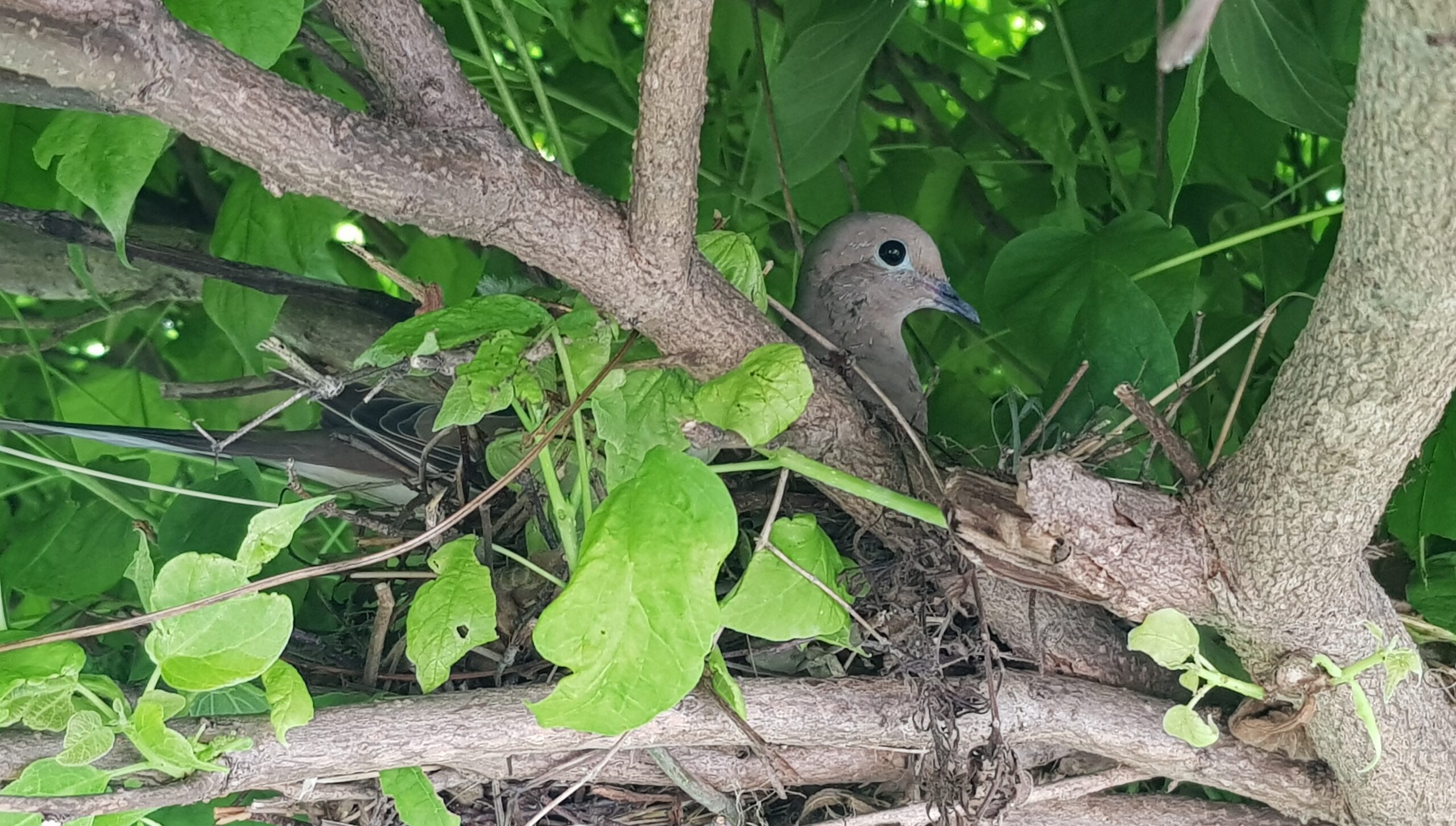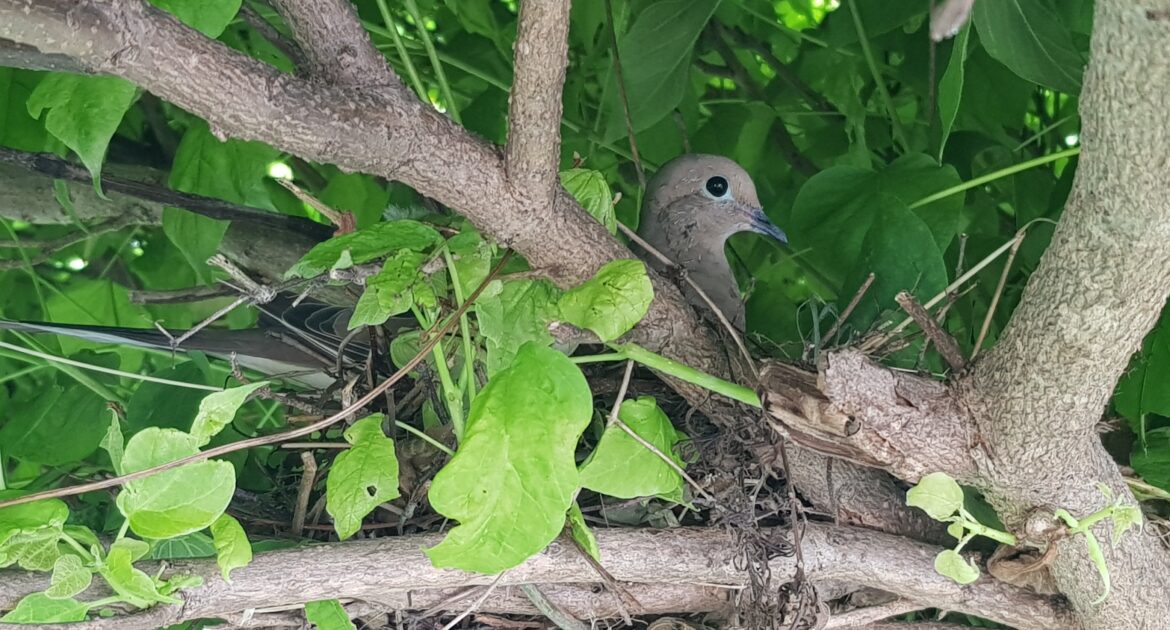When birds gather in large numbers around your property, their presence might seem harmless at first. However, what they leave behind can lead to serious issues that many of us might not consider. From potential health risks to damage to your property, these seemingly innocent marks on your roof, deck, or pathways hold more hazards than you’d expect. One question we often hear is, “How dangerous is bird poop?” The truth is, it’s not something to ignore.
Bird waste can carry harmful pathogens that pose risks to your health and the safety of your surroundings. Whether fresh or dried, it can release bacteria and fungi into the air, affecting those who come into contact with it. This is why understanding these risks, along with knowing what keeps birds away from your house, is essential. If you’re dealing with this issue in Columbus, it’s time to take an informed approach to protect your home and well-being.
This blog explores why these droppings are more than just an unsightly nuisance. We’ll cover how they affect your health, their impact on your property, and why relying on professional cleanup is the safest solution. Finally, we’ll highlight ways to keep birds from coming back. These insights will help you stay one step ahead when it comes to managing this persistent problem.
Health Risks of Bird Waste
Few people realize how much harm bird waste can cause to your health. Whether you come across a scattering of fresh droppings on the ground or disturbed dried debris, the risks are surprisingly serious. Let’s look at some of the health concerns:
- Airborne Diseases: When droppings dry, they can release spores into the air that, if inhaled, may lead to diseases such as Histoplasmosis. This fungal infection affects the respiratory system and can cause flu-like symptoms, especially in those with weakened immune systems.
- Bacterial Infections: Touching surfaces contaminated with bird excrement can expose you to bacteria like Salmonella, which causes stomach pain, fever, and diarrhea. This is particularly risky for kids or pets who might unknowingly come into contact with affected areas.
- Allergic Reactions: For individuals sensitive to airborne irritants, exposure to bird droppings can lead to respiratory problems or trigger allergies. Symptoms can range from mild irritation to severe breathing difficulties.
Understanding these risks helps explain why it’s vital to address bird messes as soon as they appear and why dried bird debris is even more hazardous.
Property Damage Caused by Bird Waste
Besides affecting personal health, bird waste can lead to significant damage to your property. Its acidic nature and persistent presence can weaken key areas of your home. Here’s what can happen:
- Corrosive Effects: The natural acidity of bird droppings can eat away at materials such as roof shingles, paint, and even metal structures. Over time, this can lead to costly repairs.
- Clogged Gutters: Accumulated droppings, mixed with nesting materials or debris, often block gutters. This can lead to water build-up, leaks, and possible water damage inside the home.
- Structural Risks: Wood beams, outdoor furniture, and decks exposed to frequent droppings may begin to weaken. Left unchecked, this could compromise the stability of these structures and create long-term problems.
Prevention is key, but if your property has already seen damage from bird activity, it’s time to get a reliable solution in place to stop further harm.
Dried Bird Droppings: A Hidden Hazard
Many people ask us, “Is dried bird poop dangerous?” The answer is a resounding yes. Once droppings dry, they can crumble into fine particles. These particles carry harmful fungal spores and bacteria that become airborne when disturbed. Cleaning them up without proper safety equipment can spread these contaminants in and around your property.
Where do you find it? Dried remains often turn up in hidden places like attics, ventilation systems, or window ledges that aren’t regularly cleaned. These areas create a perfect environment for spores to grow and thrive. Because of the risks dried waste poses, cleanup requires care, specialized tools, and the expertise of professionals who know how to handle these situations safely.
Why Professional Cleanup Matters
When dealing with the mess left behind by birds, it’s crucial to get the job done safely and thoroughly. That’s where professional cleanup makes all the difference. Trying to handle the situation on your own can increase health risks or spread harmful particles. Professionals are trained to clean and decontaminate areas properly, ensuring your home is safe and protected.
The first step is safe removal. Experts use special tools and protective gear to clean up waste without releasing harmful particles into the air. This ensures that no additional risks are created during the process. Next comes decontamination. A professional cleanup service doesn’t just focus on appearances—they go deeper by removing bacteria, fungi, and persistent odors that can linger after the waste is gone. Finally, they work to prevent reinfestation by identifying how birds accessed your space and sealing any gaps or openings. This ensures the problem doesn’t return.
By trusting experienced teams, you not only restore your property but also protect your health. Professional services save you time and keep the problem from repeating. It’s a smart way to make sure your property stays clean, safe, and secure.
Keeping Birds Out of Your Space
If you’ve had trouble with birds settling around your property, you’re probably wondering what keeps birds away from your house. The good news is that there are humane ways to discourage them from sticking around without causing them harm. Preventing nesting or roosting is key to avoiding many potential problems down the line.
One of the best steps is to use physical deterrents that gently guide birds to find other spaces. Items like netting can block access to areas like rooftops or ledges without trapping them. Reflective materials, such as metallic strips or mirrors, can also work well by startling birds in a harmless way. Motion-activated devices producing harmless sounds are another option to consider—they don’t hurt but make resting in your space less appealing. Lastly, keeping outdoor areas neat and tidy reduces the appeal of your property. Secured trash bins and removed food scraps signal that your space isn’t a good place for gatherings.
By focusing on humane prevention methods, you can effectively keep your property clear without stress for you or the wildlife. Simple, thoughtful changes can go a long way in creating a space that works for everyone.
A Reliable Partner in Columbus
It’s clear that bird droppings can cause far more problems than just being an eyesore. From health threats like bacterial and fungal infections to property damage caused by their acidic nature, their presence should not be overlooked. Dried waste adds an additional layer of risk, and trying to tackle it yourself may do more harm than good. Whether you’re concerned about protecting your family’s health or safeguarding your home’s condition, acting quickly is key.
Our team at Skedaddle Humane Wildlife Control in Columbus prioritizes humane methods while delivering effective cleanup and long-term prevention. If you’re dealing with bird-related issues, reach out to us for expert support. We’ll clean, sanitize, and bird-proof your property so you can breathe easy again. Call us today to schedule an inspection—a healthier, safer space is just a step away.




